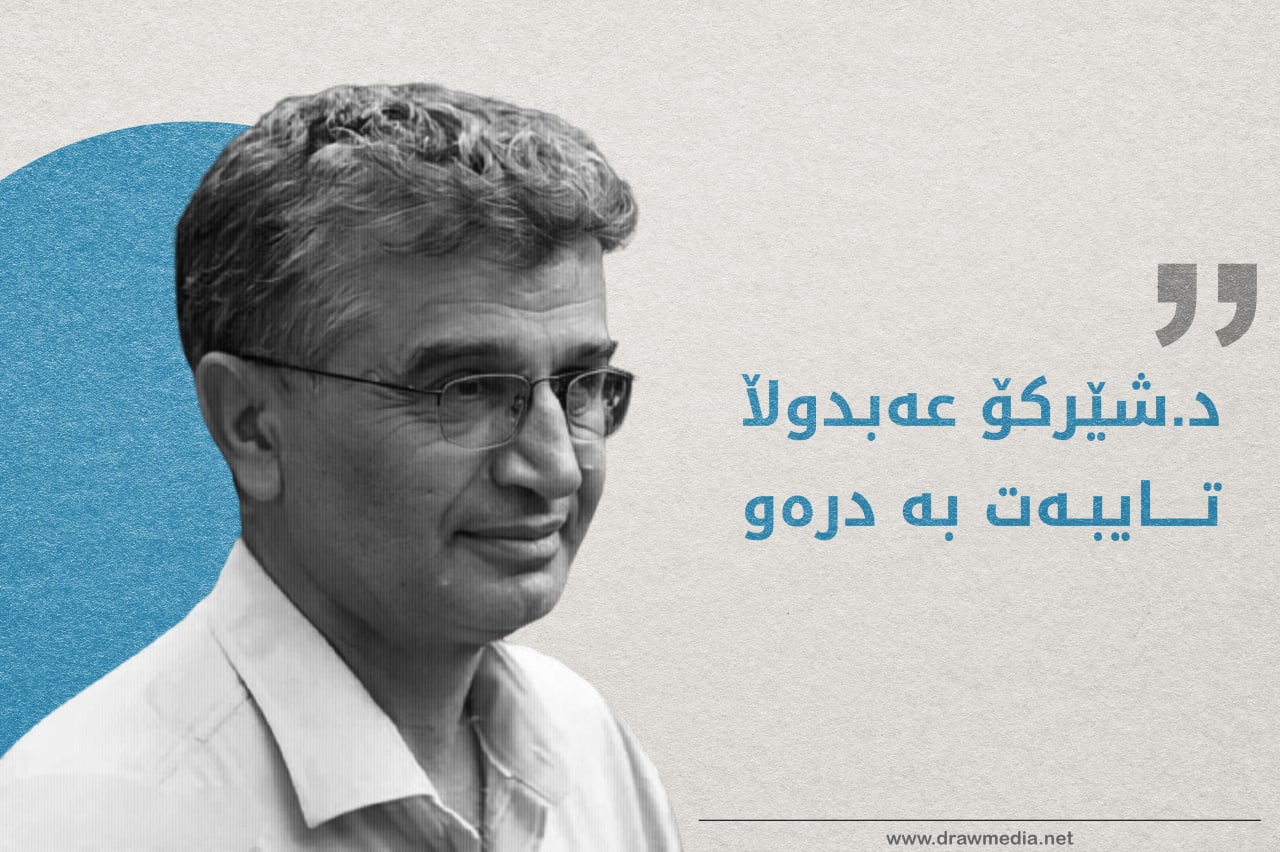Will Iraqi Kurdistan’s rail ambitions lead anywhere?
.png)
2023-11-12 20:40:14
Amwaj Media
The Kurdistan Regional Government (KRG) is reviving longstanding efforts to build a railway that would connect neighboring Iran and Turkey through territory it controls. The development follows Ankara and Baghdad’s announcement of a major transit project that would bypass Erbil. Iraqi Kurdish officials seemingly believe that political motivations are behind their exclusion from the massive rail and road endeavor.
Development of the KRG railroad faces formidable challenges. The revival of the project is therefore more of a political statement to remind other powers that Iraqi Kurdistan ought to have a stake in regional endeavors as opposed to a serious alternative to the Iraq-Turkey transit route.
At the same time, recent developments have shown how key the railway project is for Erbil. After the Covid-19 pandemic postponed progress for several years, an agreement to develop rail infrastructure in the region was signed with a German company in Oct. 2022. Moreover, in June, KRG Minister of Housing and Construction Dana Abdul Karem stated that his ministry’s priority is to implement the project.
The main proposed route starts at the Turkish border, at the Ibrahim Khalil crossing. Passing through the governorates of Duhok, Erbil, and Sulaimaniyah, the railway ends at the Parviz Khan border point with Iran. A second potential line links mountainous areas of Iran, federal Iraq, and Iraqi Kurdistan.
The project is still in the early preliminary phase. Last month, the KRG announced that it had prepared a feasibility report on the route in conjunction with a Spanish company. However, it remains unclear when the design and tender process will be completed.
The Iraq-Turkey Development Road
A big motivating factor for the revival of the KRG rail project is the Iraq-Turkey Development Road or “Dry Canal” project. Announced in March, the 17B USD railway and parallel motorway network will connect the southern Al-Faw port in Basra Governorate to Turkey. The 1,200 km (745 miles) route almost entirely bypasses the Kurdistan region of Iraq on its way to the Turkish border at Faysh Khabur.
Of note, Faysh Khabur is administratively part of Duhok Governorate in Iraqi Kurdistan. But it is on the very edge of the Kurdistan region and the potential route would only enter KRG-controlled territory for a small section. Ankara and Baghdad likely believe that they will be able to force Erbil to acquiesce to the endeavor.
The KRG’s exclusion from the major infrastructure initiative threatens to undermine its influence. KRG Minister of Transportation Ano Abdoka reacted to the announcement of the Development Road by saying there would be no such project without the Kurdistan region. Abdoka also warned that the planned transit network should avoid “discrimination” against any Iraqis.
Baghdad has rejected the notion of any political maneuvering being behind the current setup of the “Dry Canal” project. Iraqi government spokesperson Basem Al-Awadi has claimed that the KRG is not included for “purely technical reasons.” He charged that the Kurdistan region’s mountainous topography is not suitable for the project’s implementation. He also noted that there are plans to include Iraqi Kurdistan eventually down the line.
However, some Iraqi Kurds do not believe that technical issues are the main obstacle to the KRG’s inclusion in the project. A senior official from the KRG’s Housing and Construction Ministry told Amwaj.media that the Development Road is a political endeavor aimed at reducing Erbil’s economic and political influence by creating a direct link between federal Iraq and Turkey.
Speaking on condition of anonymity, the Iraqi Kurdish official also charged that all sides should coordinate instead of competing with one another. This could see connections built between the Development Road and the KRG’s envisioned railway, he said.
The KRG’s railroad project also arrives in the middle of other hot regional debates on transit. The latter includes a new route connecting Europe with India that was announced at a summit of the G20—an intergovernmental forum of most of the world’s largest economies—in the Indian capital New Delhi last month. The India-Europe-Middle East Corridor (IMEC) is a rail and shipping corridor that would pass through Israel, Jordan, Saudi Arabia, and the United Arab Emirates. Notably, it would bypass both Iraq and Turkey.
As the Kurdish official who spoke to Amwaj.media acknowledged, the KRG railway would need to work in tandem with the Development Road to be effective. Any failure or setback for the Iraqi-Turkish project, for example through losing out to a new Europe-India route such as IMEC, could thus also harm the KRG’s efforts.
KRG’s railroad challenges
The KRG railway project is not a new initiative. The idea of rail routes traversing the Kurdistan region were first brought up in the media in 2006. Development was supposed to begin the following year, but after five years of no construction the project’s implementation was indefinitely postponed in 2012.
Since then, Erbil has faced both financial and security challenges to reviving the project. The issues have included cuts to the budget that Baghdad allocated for Iraqi Kurdistan in 2013. This was followed by the onslaught of the Islamic State group (IS) in northern Iraq the following year.
The heavy financial and political costs of the Kurdish independence referendum in 2017 also impacted the project. Strong rejection of the plebiscite by Ankara, Baghdad, Tehran as well as western allies including Washington put Erbil in a weakened position. In this context, the railway project remained off the KRG’s agenda for years.
Moving forward, one major challenge for Iraqi Kurdish authorities will be to gain Turkey’s consent for any railroad to meet its territory at Ibrahim Khalil rather than Faysh Khabur. Turkish authorities have repeatedly stated that they would like the latter. Ankara would also prefer for any crossing to be under the supervision of federal Iraq, as part of its broader efforts to create direct rail and road links with Baghdad.
In other words, it is unlikely that Turkey would give up developing Faysh Khabur to instead work on rail infrastructure for Ibrahim Khalil.
There are also major questions about how Erbil intends to finance such a large and strategic project. Estimated to cost over 4B USD, Iraqi Kurdish authorities would need economic backing from both domestic and foreign investors. At present, the KRG is struggling to pay civil servants and has become increasingly dependent on payments from the federal government, particularly as Turkey has for months halted oil exports through the Kirkuk-Ceyhan pipeline. As for Baghdad, it is highly unlikely to help fund a rail project probably viewed as a potential rival to its Development Road.
The Iranian factor
Amid the many challenges, one positive point for the KRG is Iran's position, which may encourage more involvement in regional transit projects. As Amwaj.media has reported, major commercial ventures involving Iraq are unlikely to advance without the acquiescence of powerful Iran-backed local actors.
In early September, work began on a key Iranian railway project in Iraq. The route, a priority for Tehran, connects the Iranian border town of Shalamcheh with the southern Iraqi city of Basra. This is while the planned Development Road bypasses Iran, meaning that Tehran has little potential economic gain from the project in its current form.
Tehran is already in competition with Ankara in the South Caucasus over the Zangazur Corridor. Given the Iranian efforts to avoid being excluded from the latter route, it is unlikely that Iran would allow Turkey to implement a project that could threaten its influence in Iraq.
However, the Islamic Republic may be more receptive if it stands to benefit from the KRG railroad, for example through coordination and connections with other projects—including its own rail plans. In this respect, Tehran’s approach may chime with Iraqi Kurdish attempts to widen the pool of those involved in the Iraq-Turkey Development Road.
Financial and political circumstances will likely make Erbil’s rail plans difficult to realize. It remains unclear whether the Development Road, the KRG railway—or both—will eventually run on track. But putting its rail ambitions back on the agenda is Erbil’s answer to being bypassed by the Development Road. It reminds other actors, particularly Baghdad, that Iraqi Kurdistan too has a stake in regional projects and needs to be taken into account.







.png)
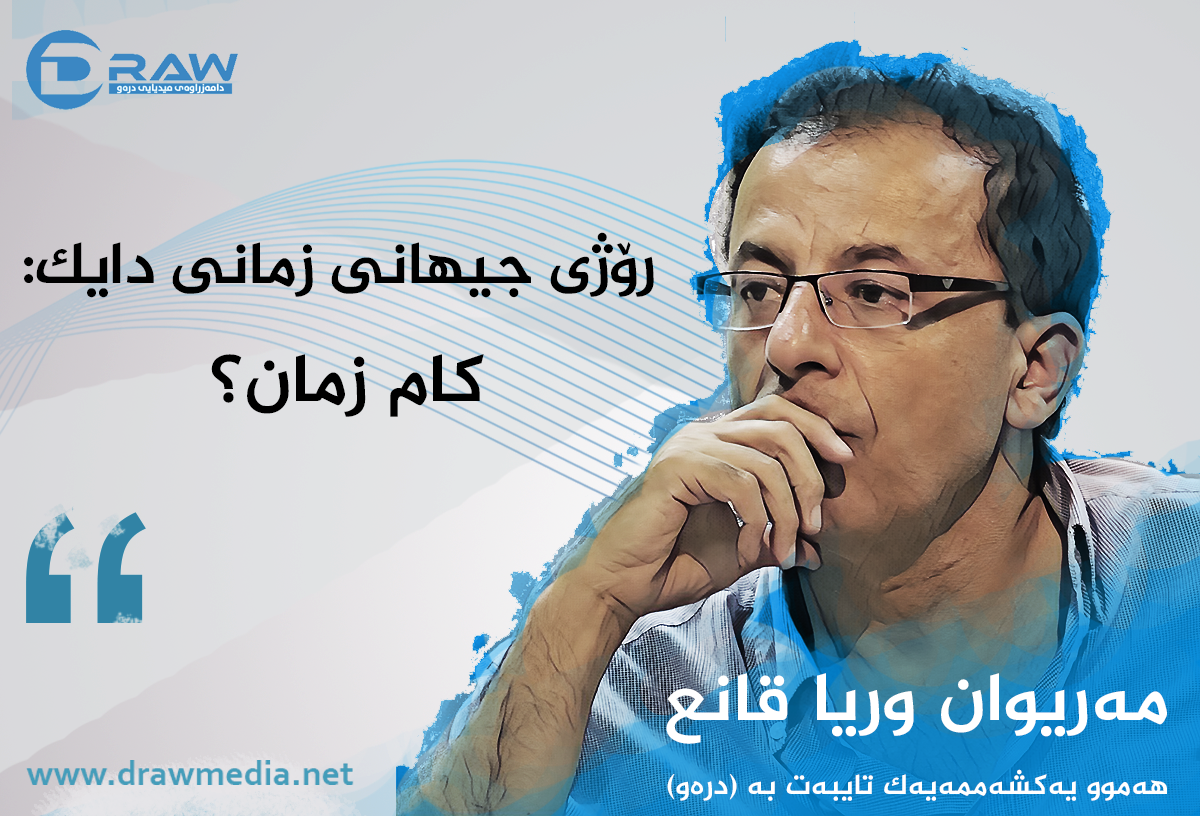
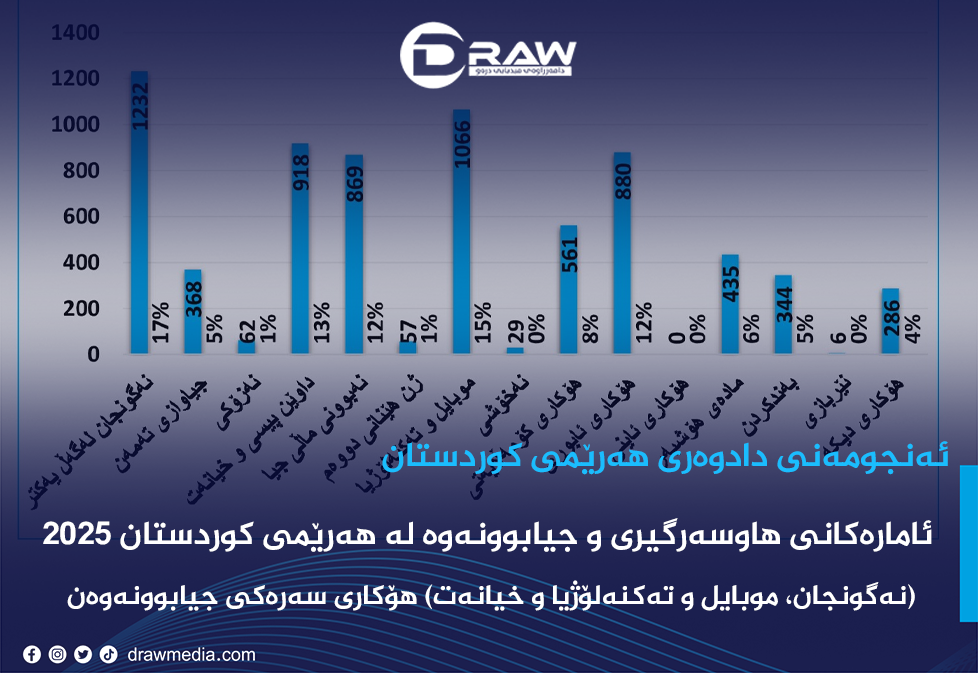
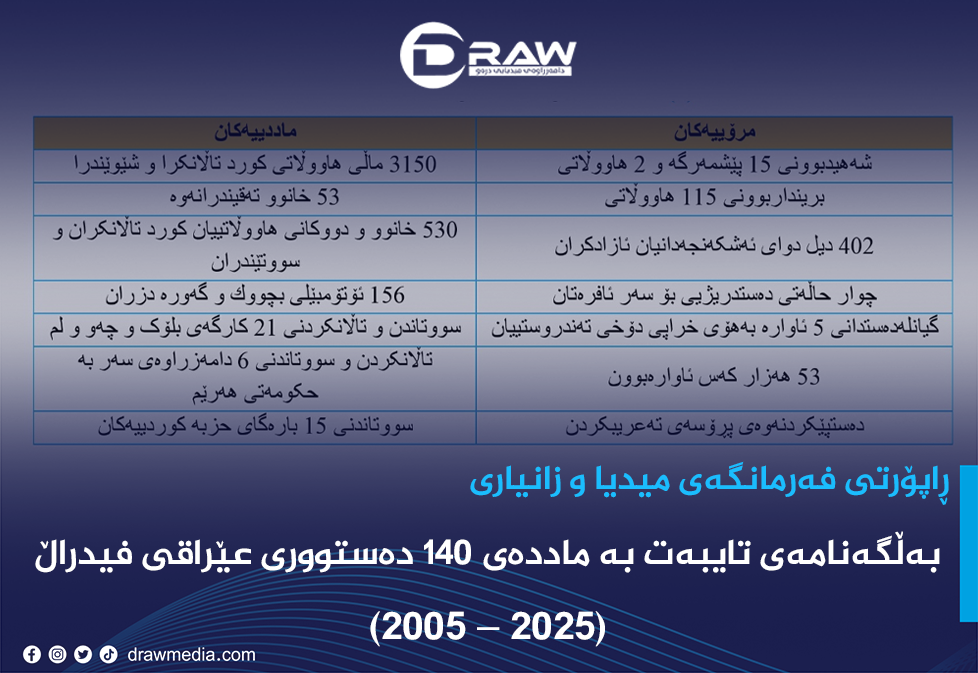
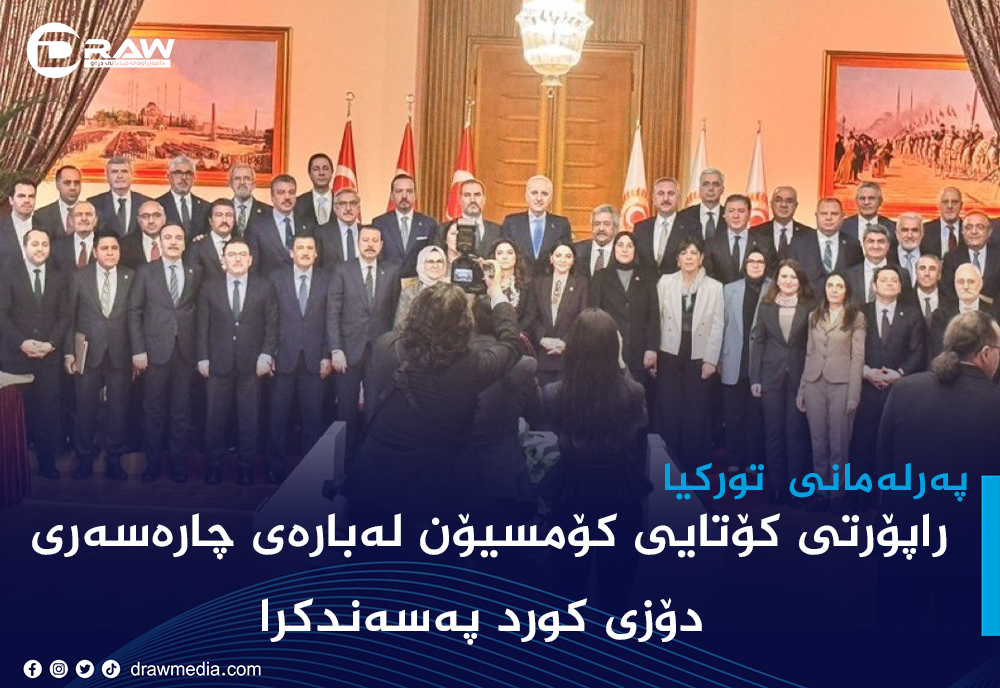
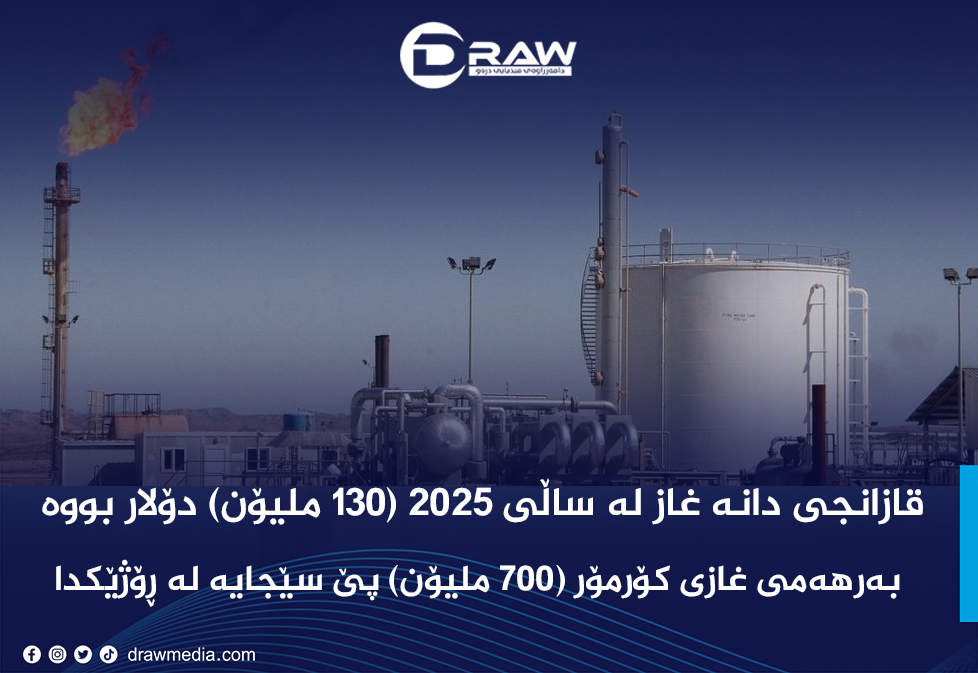
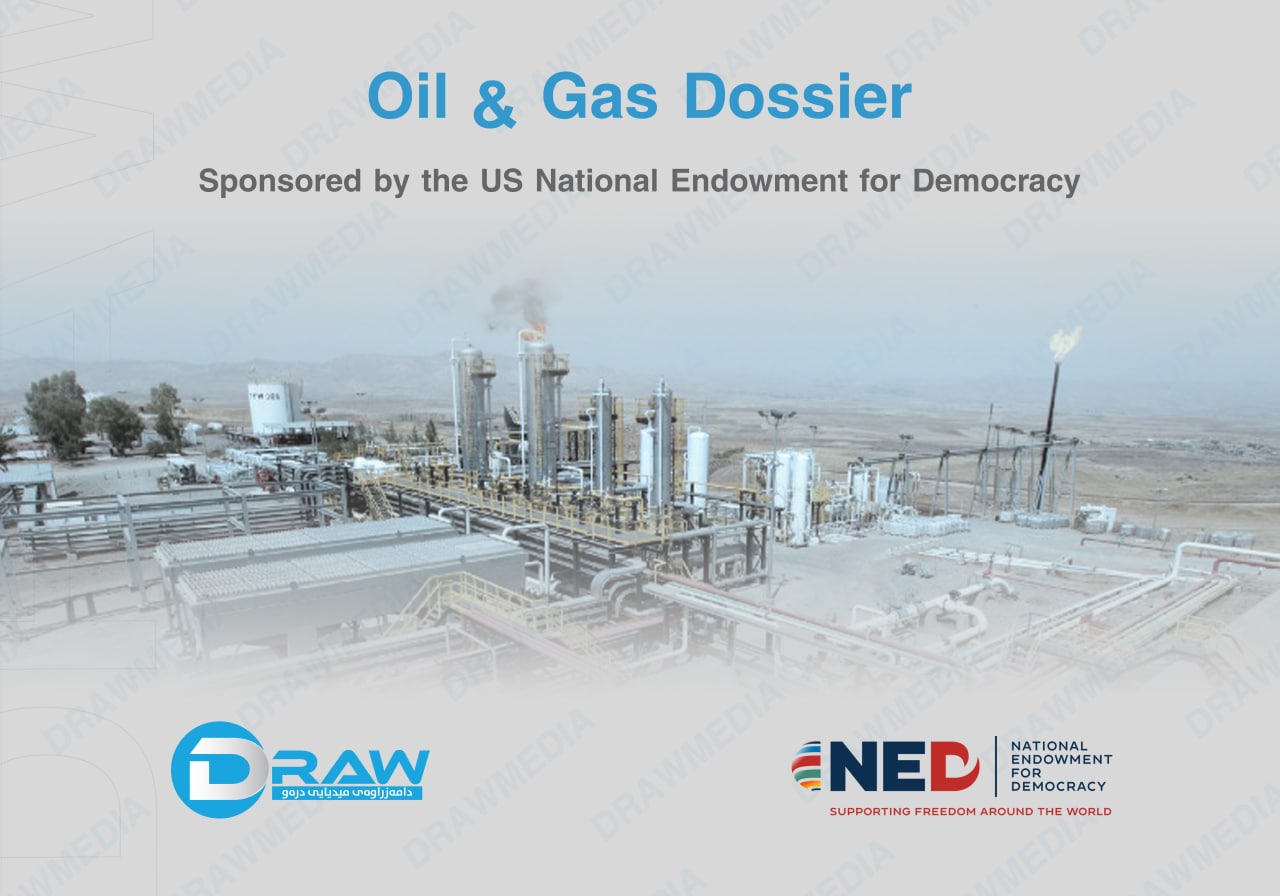
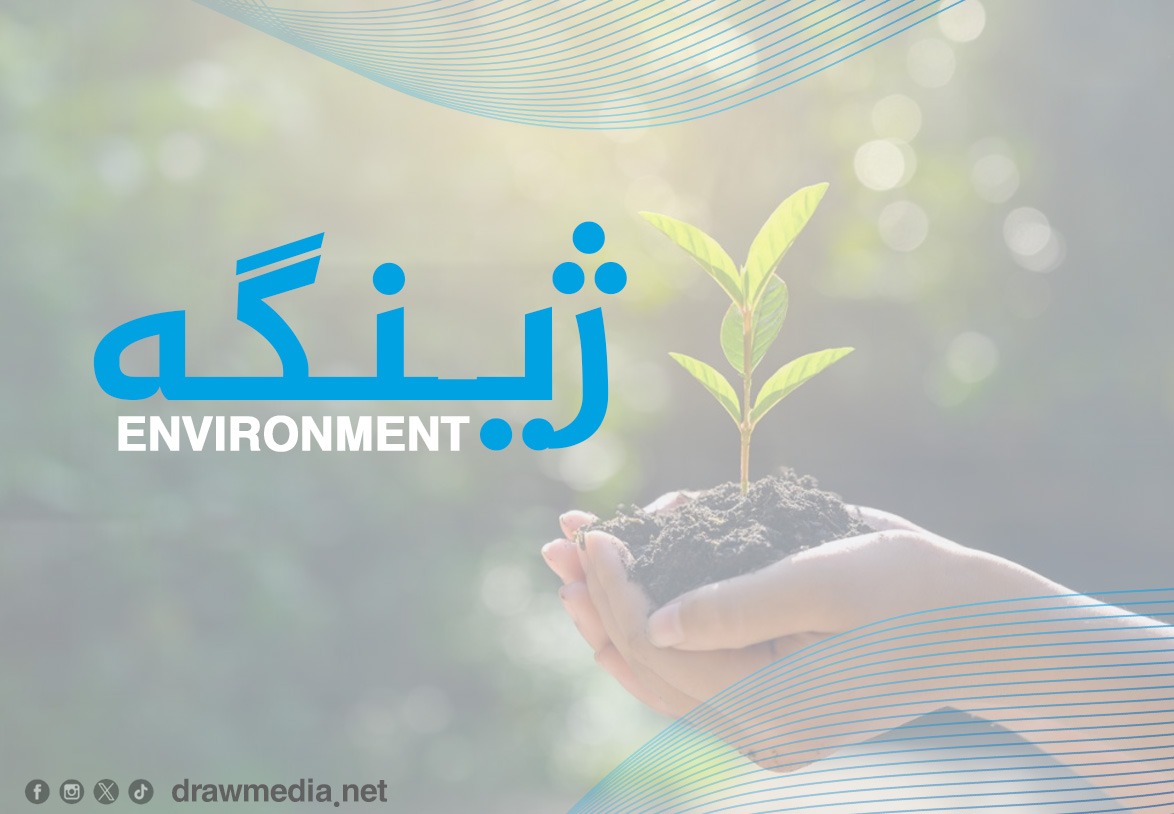
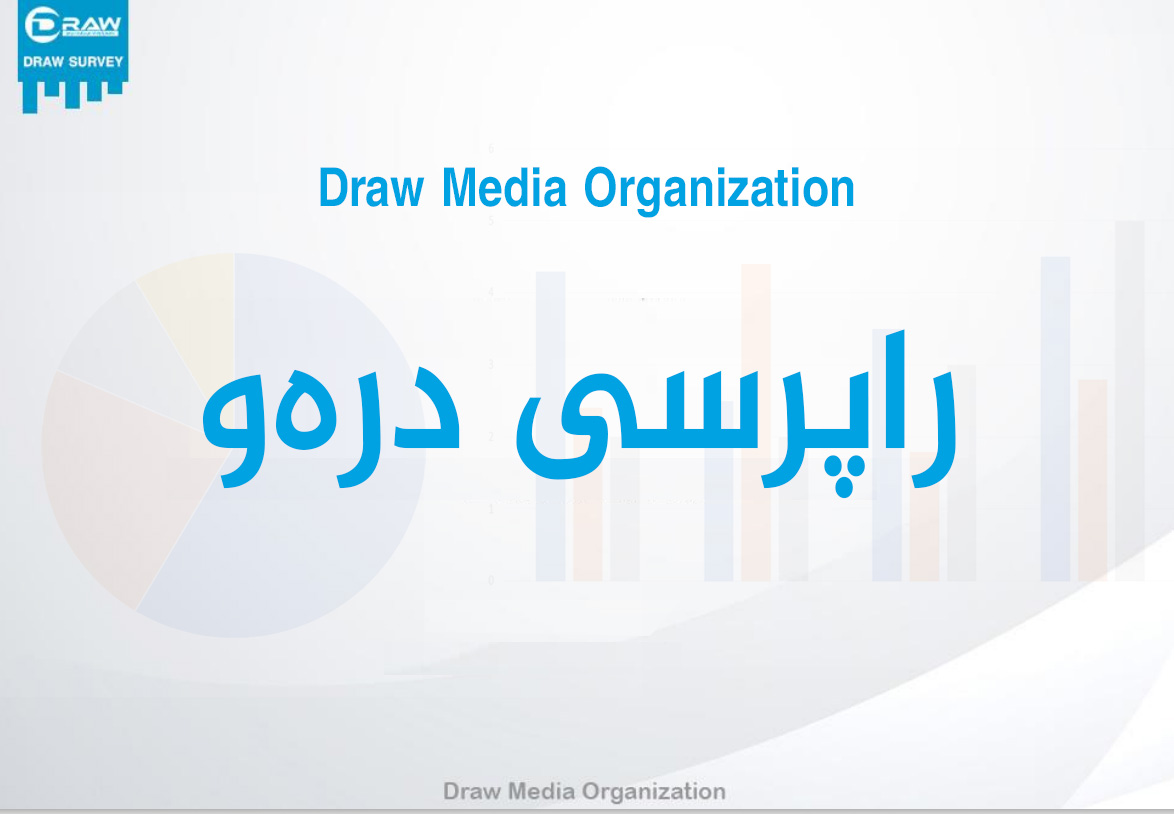
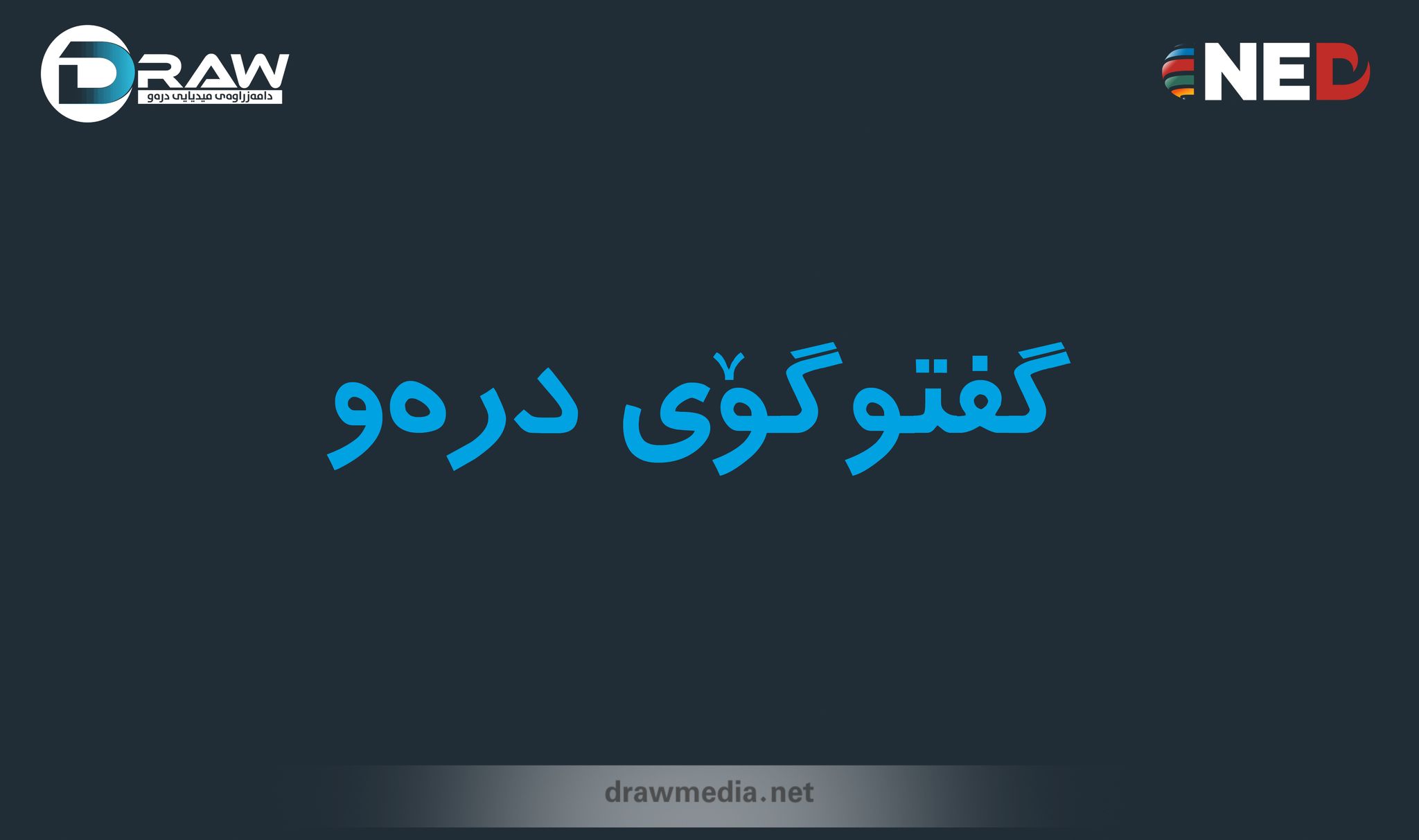
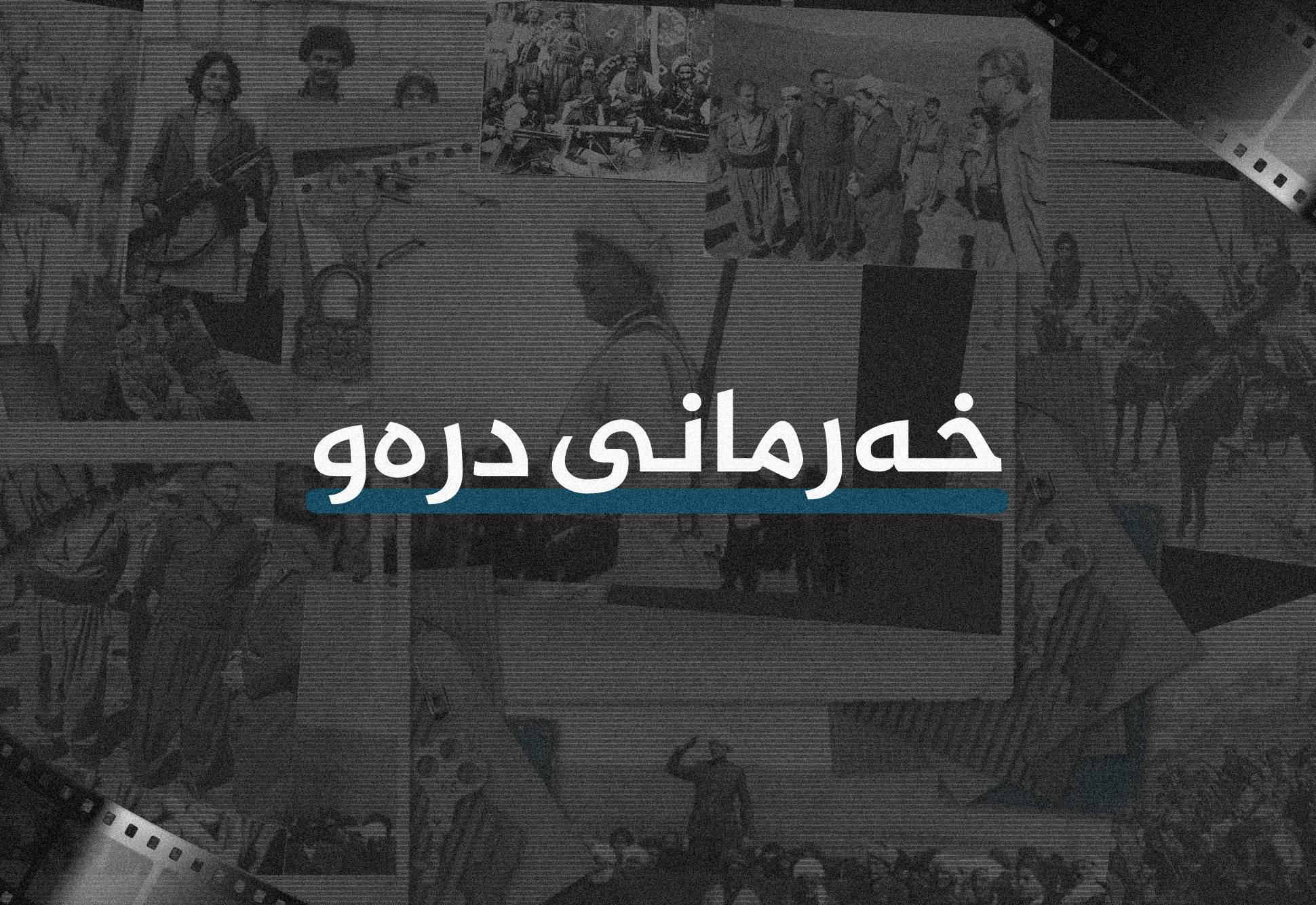
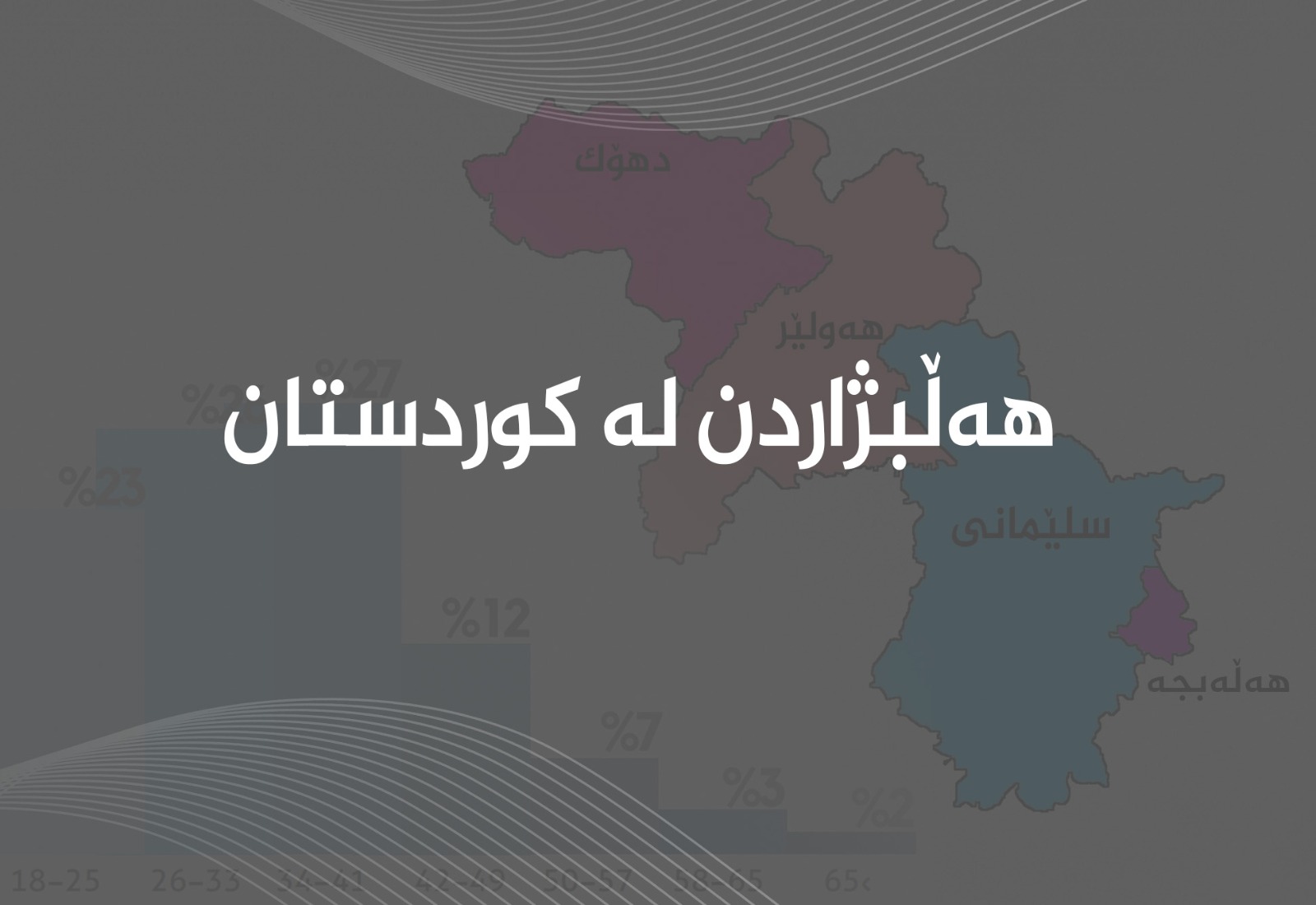
(1).jpg)
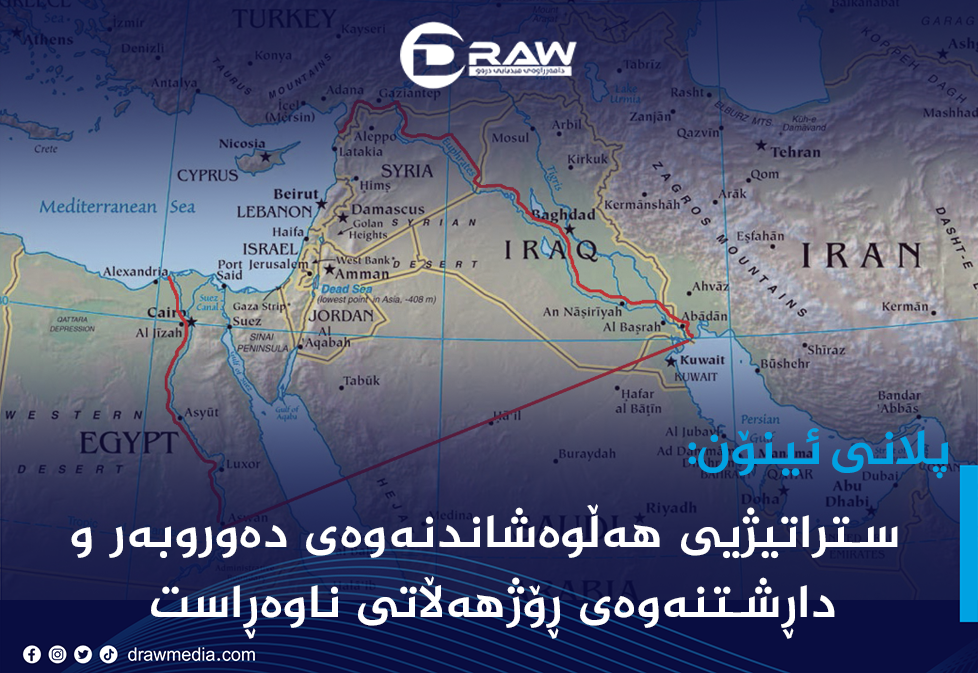
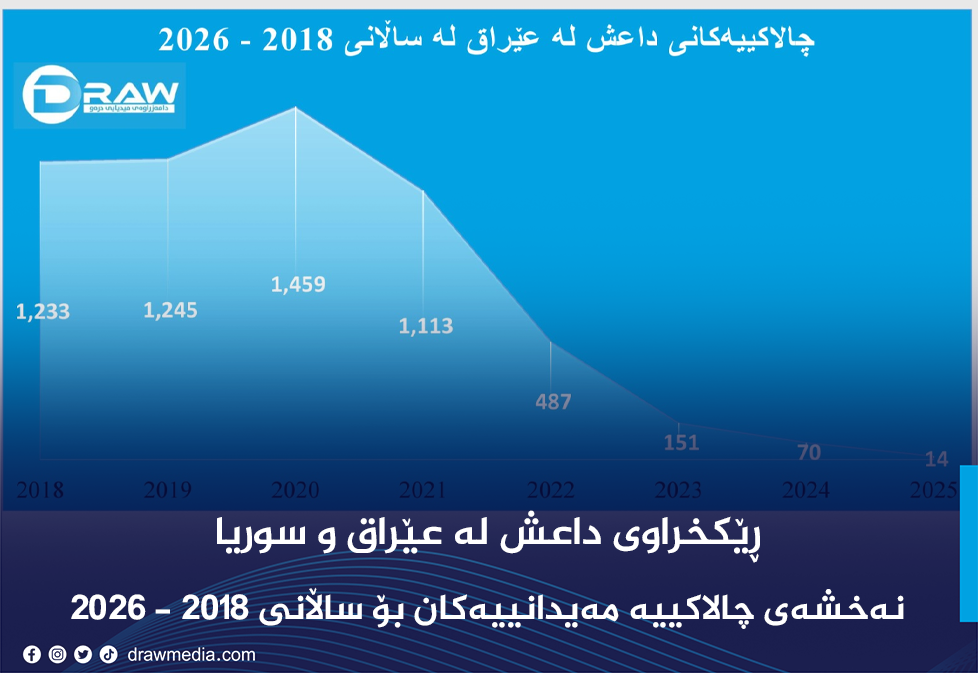
.png)
